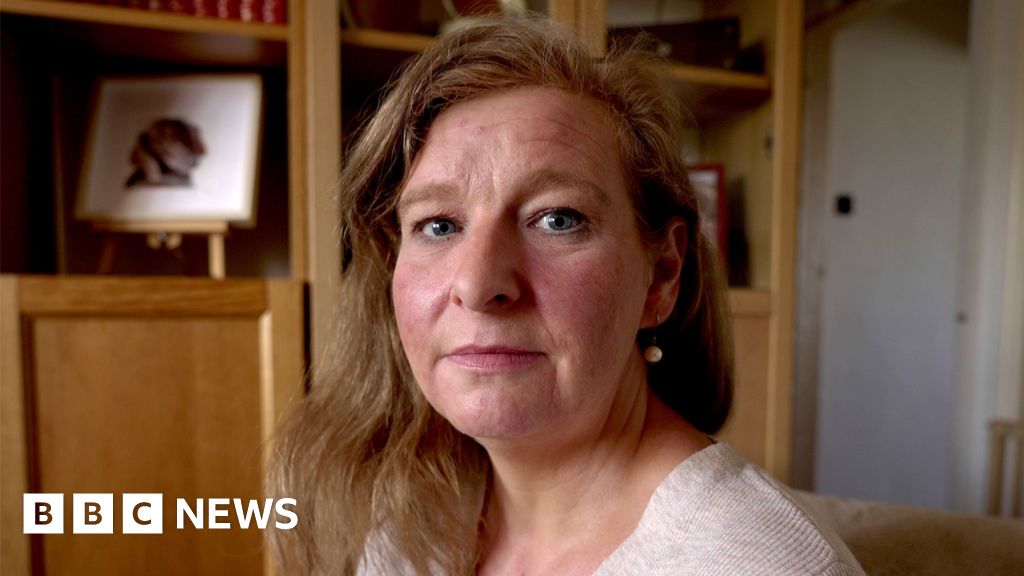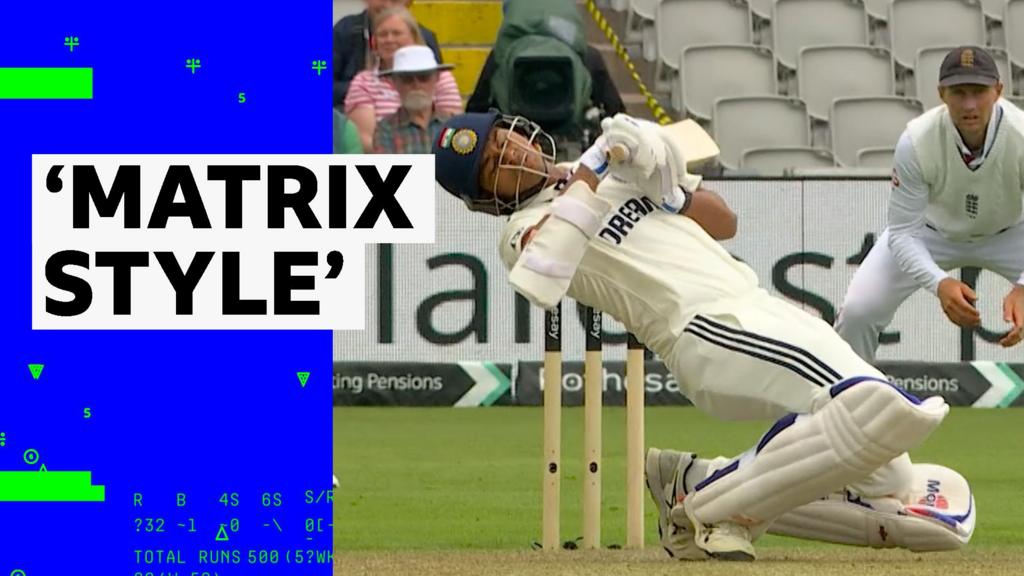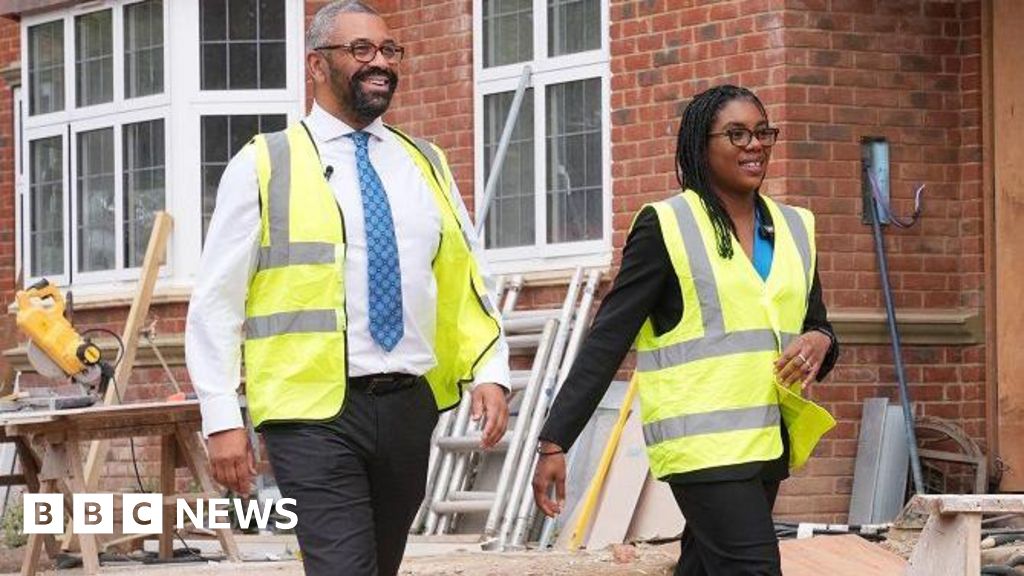Key events Show key events only Please turn on JavaScript to use this feature
What does the BMA say?
The BMA argues that resident doctors have seen their pay fall by a much greater amount in real terms since 2008-09 than the rest of the population.
“Doctors are not worth less than they were 17 years ago, when austerity policies began driving wages down. We’re simply asking for that value to be restored,” it said.
The BMA has taken out national newspaper advertisements highlighting the pay difference between a resident doctor with two years of experience, who earns £18.62 per hour, and their non-medically qualified assistants, earning £24.
The BMA resident doctors committee co-chairs, Dr Melissa Ryan and Dr Ross Nieuwoudt, said:
Pay erosion has now got to the point where a doctor’s assistant can be paid up to 30% more than a resident doctor. That’s going to strike most of the public that use the NHS as deeply unfair.
Streeting: Resident doctors’ strike undermines union movement

Peter Walker
As we previously mentioned, health secretary Wes Streeting has argued the strike by resident doctors “enormously undermines the entire trade union movement”.
In an article for the Guardian, the health secretary says the decision by the British Medical Association (BMA) to push for new strikes in England immediately after receiving a pay rise of 22% to cover 2023-24 and 2024-25 is unreasonable and unprecedented.
Taking aim squarely at the leadership of the BMA, which represents the medics formerly known as junior doctors, Streeting condemns their demand for a fresh 29% rise over the next few years. He says that while there was 90% backing for the strike, it was on a turnout of just over 55% of members.
Streeting says the move to strike after the offer of a 5.4% pay rise for 2025-26, was rushed into and is “bitterly disappointing” amid efforts to improve NHS services.
He writes:
There was a deal here to be done. Instead, the BMA leadership’s decision to not even consider postponing these strikes will place an enormous burden on their colleagues, and hit the recovery we can all see our health service is making.
Not only that, it enormously undermines the entire trade union movement. No trade union in British history has seen its members receive a such a steep pay rise only to immediately respond with strikes – even when a majority of their members didn’t even vote to strike. This action is unprecedented, and it is unreasonable.
You can read the full news story here:
And you can read his full column here:
Doctors begin five days of strikes in England
Hello and welcome to our rolling UK political coverage, with this morning’s headlines dominated by new industrial action hitting the NHS.
Resident doctors in England have begun strike action after the British Medical Association and government failed to reach an agreement over pay restoration.
Up to 50,000 people went on strike at 7am, with the action intended to last for five days until 7am on Wednesday 30 July.
The public have been urged to keep coming forward for NHS care during the strike. GP surgeries are open as usual and urgent care and A&E will continue to be available, alongside 111, NHS England said.
Keir Starmer made a last-minute appeal to resident doctors, saying the strikes would “cause real damage”.
The health secretary, West Streeting, had warned that the industrial action “enormously undermines the entire trade union movement”.
In an article for the Guardian on Thursday, Streeting said the decision by the BMA to push for new strikes immediately after receiving a pay rise of 22% to cover 2023-24 and 2024-25 was unreasonable and unprecedented.
We’ll bring you all the latest news on the strike, and other political stories, throughout the day.

 1 day ago
3
1 day ago
3










 English (US)
English (US)